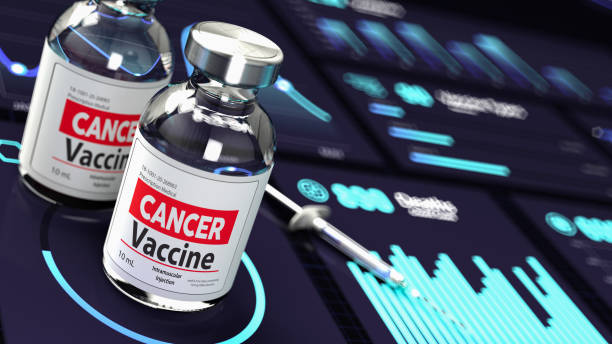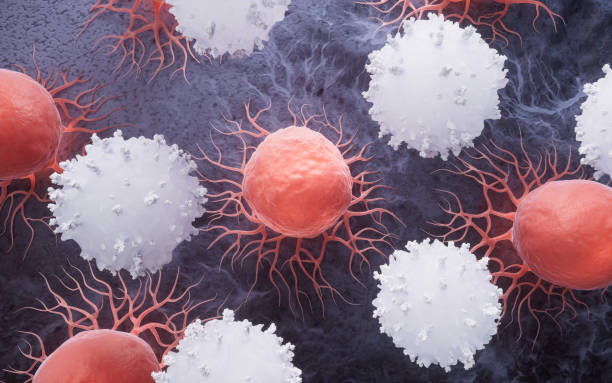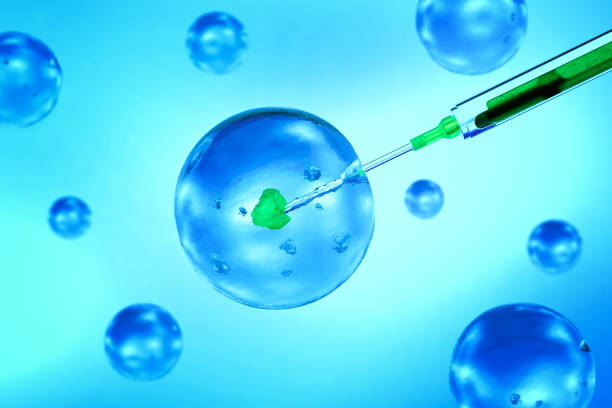Harnessing the Immune System: The Promise of Cancer Vaccines
Understanding how cancer vaccines work and their potential to fight cancer.

Only informational reasons are served by this. See a professional for diagnosis or medical advice.
One kind of immunotherapy that seeks to use the immune system's strength to combat cancer is cancer vaccinations. This is a summary:

Types:
Medical Vaccines for Cancer: Patients who already have cancer are given this. They function by:
Improving the immune system: The cancer cells' particular antigens—molecules that elicit an immune response—are introduced into the body by the vaccine. This aids in the immune system's ability to identify and combat those cancerous cells.
Avoidance of Recurrence: Vaccines can help stop cancer from coming back after first therapy.
Vaccines for Preventive Cancer: These are intended to stop cancer before it starts.
For instance: One of the main risk factors for cervical, anal, and other cancers is human papillomavirus (HPV) infection, which is prevented by the HPV vaccine.

How they operate:
Antigens are special chemicals found on the surface of cancer cells. These antigens are presented to the immune system by cancer vaccines. The immune system then gains the ability to identify and target cells that contain these antigens.
As of right now:
Developing and Researching: Many cancer vaccines are still under development and being tested in clinical trials.
Limited Availability: Although several cancer vaccines are available for particular cancer types, their application is frequently restricted to clinical trials or particular circumstances.

Important Information:
Vaccines against cancer are not a panacea. The type of cancer, the patient, and the particular vaccine can all affect how effective they are.
Please get advice from a trained healthcare practitioner if you have concerns about cancer or cancer prevention.Depending on your unique circumstances, they can offer tailored advice and information.












































































































































































































